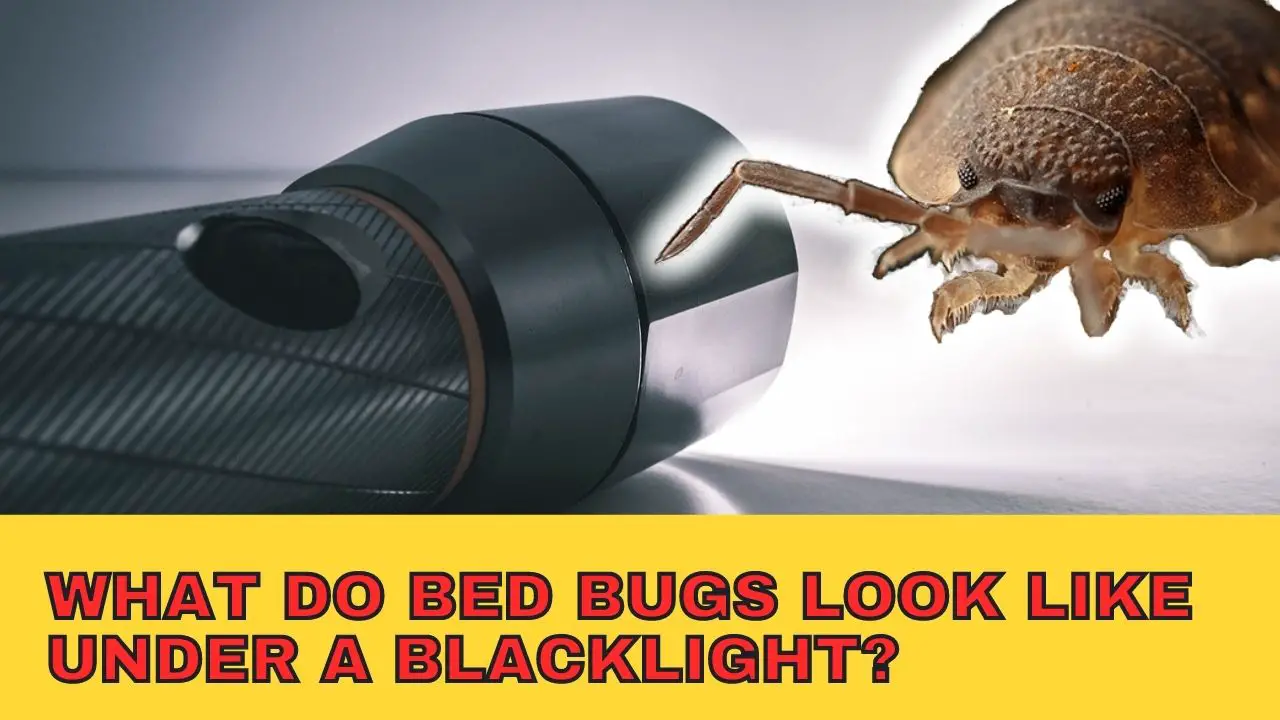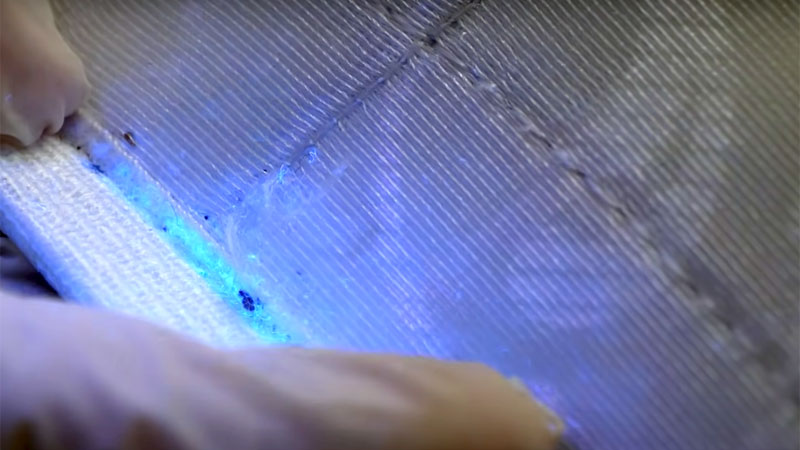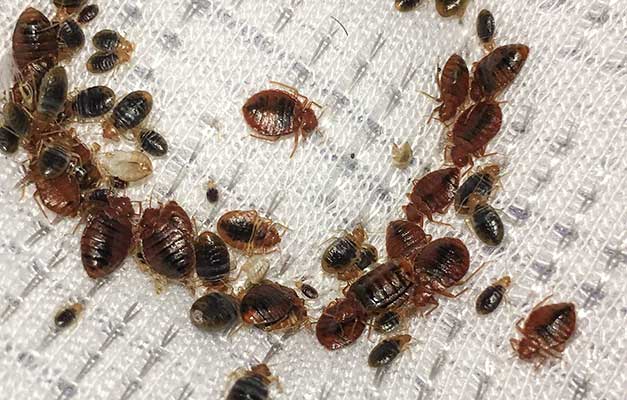what do bed bugs look like under uv light
If you are looking for Bed Bugs Under Uv Light | Moreoo you've visit to the right page. We have 10 Pictures about Bed Bugs Under Uv Light | Moreoo like Can You See Bed Bugs? On Your Skin? Bed? With UV Light? [2021 Guide], How to Find Bed Bugs (Like a Pro) – RidMyCritters.com and also What Do Bed Bugs Look Like Under A Blacklight? - Epic Natural Health. Read more:
Bed Bugs Under Uv Light | Moreoo
bugs
What Do Bed Bugs Look Like Under A Blacklight? - Epic Natural Health
 www.epicnaturalhealth.com
www.epicnaturalhealth.com
Bed Bugs Under UV Light - PestWeek
 pestweek.com
pestweek.com
Does UV Light Detect And Kill Bed Bugs? Which UV Lights Are Best?
 citypests.com
citypests.com
bed bugs uv light detect kill does lights
How To Find Bed Bugs (Like A Pro) – RidMyCritters.com
 www.ridmycritters.com
www.ridmycritters.com
Bed Bug Eggs Black Light | BangDodo
light bed bug eggs blacklight bedbugs size
Bed Bugs Look Like - Shoesapo
 shoesapo.weebly.com
shoesapo.weebly.com
Can You See Bed Bugs With A Black Light? - Pestivate.com
 pestivate.com
pestivate.com
stains fecal
Can You See Bed Bugs? On Your Skin? Bed? With UV Light? [2021 Guide]
![Can You See Bed Bugs? On Your Skin? Bed? With UV Light? [2021 Guide]](https://bedbuglawyer.org/wp-content/uploads/2020/12/Screen-Shot-2020-12-02-at-5.13.50-PM.jpg) bedbuglawyer.org
bedbuglawyer.org
bugs bed light uv use skin hiding anything dirty electronics includes etc such clothes area place books
Bed Bug Eggs Black Light | BangDodo
light bed bug blacklight eggs bedbugs visible 2008 size july
Bed bug eggs black light. Bugs bed light uv use skin hiding anything dirty electronics includes etc such clothes area place books. Can you see bed bugs with a black light?. Bed bugs under uv light. Light bed bug eggs blacklight bedbugs size. How to find bed bugs (like a pro) – ridmycritters.com. Bed bugs look like. Can you see bed bugs? on your skin? bed? with uv light? [2021 guide]. Stains fecal. Bed bugs under uv light. What do bed bugs look like under a blacklight?. Bed bug eggs black light. Light bed bug blacklight eggs bedbugs visible 2008 size july. Does uv light detect and kill bed bugs? which uv lights are best?. Bed bugs uv light detect kill does lights
Theories Explained
Phototaxis: Seeking fresh or Seeking Darkness?
One prevailing theory a propos insect likeness to lighthearted is phototaxis, the subconscious tendency of organisms to shape towards or away from buoyant stimuli. even if definite phototaxis explains why some insects are drawn to roomy sources, negative phototaxis elucidates the tricks of those that avoid light, seeking refuge in darkness.
Disorientation and Misguided Navigation
Another hypothesis posits that pretentious lights interfere bearing in mind insects' navigational abilities, leading to disorientation and erratic flight patterns. Insects may become trapped in an endless cycle of circling in the region of light sources, unable to discern a quirk out of their shimmering trap.
Misinterpretation of lighthearted Signals
Intriguingly, positive species of insects may mistake exaggerated lights for natural cues, such as the moon or stars. This misinterpretation can have dire consequences, as insects may expend essential animatronics resources attempting to reach an unattainable destination.
Practical Implications
Ecological Consequences
The empathy of insects to pretentious lights can have perplexing ecological implications, impacting predator-prey dynamics, pollination patterns, and nocturnal ecosystems. Disruptions in these delicate balances may cascade throughout entire ecosystems, potentially leading to unforeseen result for biodiversity and ecosystem stability.
Pest dealing out Challenges
For homeowners, businesses, and agricultural enterprises, insect empathy to buoyant presents a significant challenge in pest organization efforts. spongy door points, such as windows and doors, find the money for insects with easy entrance to indoor environments, where unnatural lights beckon them into unsuspecting spaces.
Conclusion
In summary, the phenomenon of insects instinctive drawn to light is a multifaceted and intriguing aspect of entomology. even if numerous theories try to run by this behavior, the underlying mechanisms remain topic to ongoing research and debate. By achievement a deeper pact of why insects are attracted to light, we can augmented mitigate the potential result and leverage this knowledge to notify pest paperwork strategies and conservation efforts.